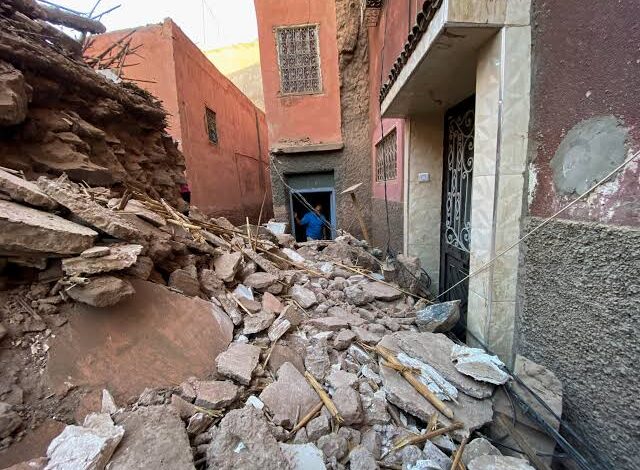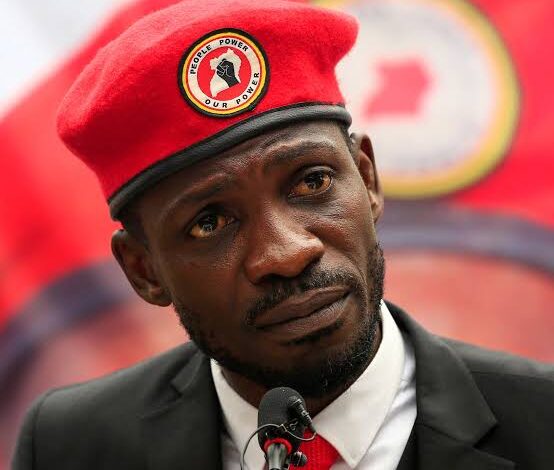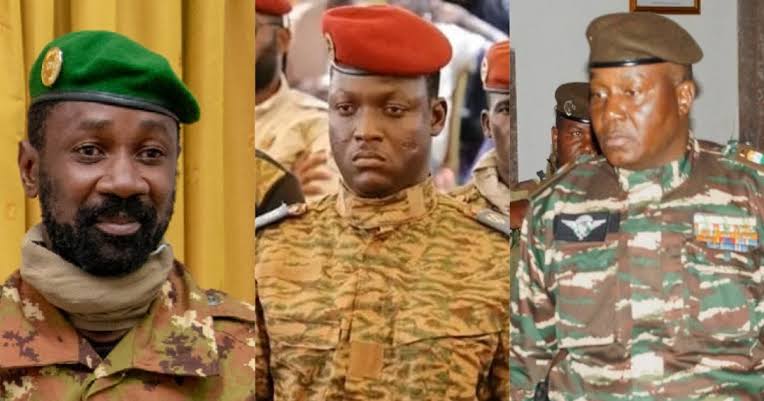
Faith Nyasuguta
Morocco has announced the launch of an aid programme to support and rehouse the residents of about 50,000 buildings damaged in last week’s devastating earthquake.
The magnitude 6.8 earthquake — Morocco’s strongest ever — has killed nearly 3,000 people and wounded over 5,600 since it hit last Friday in Al-Haouz province, south of tourist hub Marrakesh.
Those left homeless will be provided with temporary shelter in “structures designed to withstand cold and bad weather, or in reception sites equipped with all the necessary amenities”, the royal office said in a statement following a meeting chaired by King Mohamed VI.
The Moroccan authorities have also directed the release of urgent aid of 30,000 dirhams (nearly $3,000) to households affected by the disaster, the statement added.
It noted that this would form the first stage of a programme covering some 50,000 homes that had fully or partially collapsed in the quake.
The number of people left without homes by the quake, which has devastated numerous entire villages in Morocco’s Atlas mountain region, is not known.
The royal office said 140,000 dirhams (about $13,600) would be allocated for homes that were completely collapsed, in addition to 80,000 dirhams to rebuild partially collapsed structures.
Morocco has allowed rescue teams to come to its aid from Spain, Britain, Qatar and the United Arab Emirates, but so far declined offers from several other nations, including the United States, France and some Middle Eastern countries.
The French president, Emmanuel Macron, had attempted to soothe tensions with Morocco over the supply of humanitarian aid, after the deadly earthquake. Morocco declined to accept aid from France.
In a video addressing the Moroccan public posted to social media, Macron said it was a sovereign matter for Morocco whether it accepted French aid or not. Previously, at the G20 in Delhi, he had said France had done “everything we could do” and that aid would be deployed the second it was requested.
Morocco has bristled at any suggestion that the state lacks capacity to respond to the disaster.
“There have been plenty of unwarranted controversies in these past few days,” Macron said in the video, posted while non-governmental French organizations departed for the earthquake zone south of Marrakech and amid a continued silence from Rabat.
“There is the possibility of supplying humanitarian aid directly. It is clearly up to his majesty the king and the Moroccan government, in a manner entirely befitting their sovereignty, to organise international aid,” he said.
“I wish that all these controversies which divide and complicate matters during this already tragic moment can subside out of respect for all involved.”
Tensions between the two nations were heightened even before the earthquake struck. Morocco has not dispatched an ambassador to France for months and Macron has aborted several planned state visits to Rabat.
French colonial rule over Morocco, lasting from 1912 to 1956, has long cast a shadow over relations between the two countries.
Morocco’s king, Mohammed VI, is however believed to spend much of his time at his multiple private residences in France, governing from a chateau near Paris or a mansion close to the Eiffel Tower.
A source close to Morocco’s royal palace said a reaction to Macron’s video message from either the palace or the foreign ministry was unlikely.
“In Morocco, we don’t govern via Twitter,” they said. “This video makes a mockery of governance. He has no right to address the Moroccan people directly … He is trying to prevent further controversies, but these are controversies that he has both created and fuelled himself, using social media.”
Controversies around aid were not restricted solely to Moroccan relations with France.
Earlier this week, Algeria declared that it would open its airspace to allow humanitarian assistance to reach Morocco, a profound shift after Algiers cut diplomatic ties with its neighbour two years ago over what it termed Morocco’s “hostile actions”.
Days later, Algerian state television displayed images of first responders lined up on the tarmac of a military airport near the town of Boufarik, ready to board three nearby planes carrying aid to Morocco.
Morocco’s justice minister, Abdellatif Ouahbi, told Saudi Arabian satellite channel Al Arabiya that Rabat would accept Algerian aid, although Moroccan media later claimed his comments were misinterpreted and denied any suggestion that Rabat would accept the aid.
The Algerian foreign ministry then released a statement via the state press agency, adding that “the Algerian government has taken note of the official response of the Kingdom of Morocco, which said that it was not in need of the humanitarian aid proposed by Algeria”.
RELATED:




